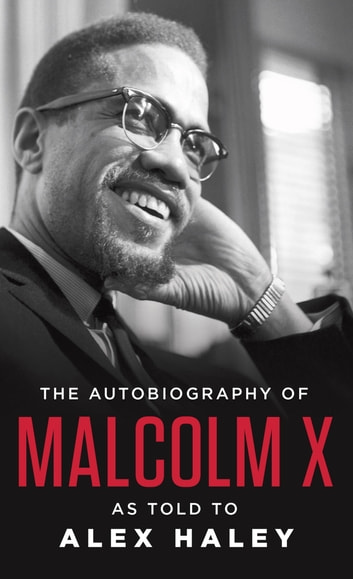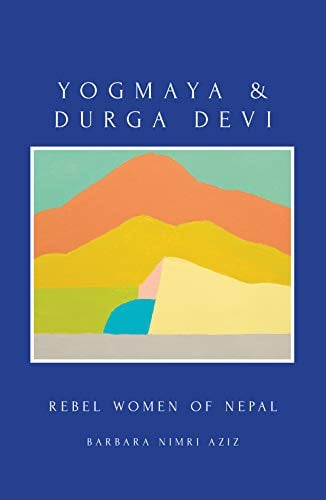A Conversation Regarding “The Autobiography of Malcolm X”

All Global Research articles can be read in 51 languages by activating the Translate Website button below the author’s name.
To receive Global Research’s Daily Newsletter (selected articles), click here.
Click the share button above to email/forward this article to your friends and colleagues. Follow us on Instagram and Twitter and subscribe to our Telegram Channel. Feel free to repost and share widely Global Research articles.
***
“I’ve been rereading The Autobiography of Malcolm X”, I volunteered. It was a spontaneous announcement after Jim, my neighbor, and I puzzled over the forthcoming Juneteenth holiday, unsure precisely what it signified. (I eventually offered my more or less accurate explanation without an endorsement from Jim.)
He was driving me home from the clinic where he’d kindly taken me to X-ray my leg for a suspicious pain. Jim was talkative on the way out, recalling a recent weekend with his grown family, the swank restaurants, their spacious rental. His descriptions filled the hour-long drive out. I said little, possibly because of my anxiety and the pain.
More relaxed on the homeward trip, I became engaged in our conversation over LGBTQ+ activism and how it was changing our locality.
Then my enthusiasm about forgotten facts of Malcom X’s youth seeped out. With silence meeting my initial comment, I blithely went on: “The book’s really well written.” Still no comment: no question of why I’d taken it up, or how expertly it was composed. I continued: “Of course, the book is as told to Alex Haley, author of Roots”. Maybe he’ll respond to that, I think. But no.
My urge to share could not be quelled with silence. “I hadn’t realized he taught himself to read in prison, studying the dictionary, page by page!” Finally, Jim responds. “Well, of course he was intelligent, and anyone with such intelligence would do that.”
I know Jim well. A retired teacher, he is skillful in diffusing touchy social situations, smoothly excusing someone’s faults, readily mollifying criticisms, eagerly reminding us of ‘the other side’ of any issue. I could see how, for a teacher, this would be valuable in negotiating conflict or diffusing tension among students. (Maybe he has some sensitive family condition he has learned to dampen.)
Nevertheless, I persist with further observations I’d made about our outstanding historical figure: “Of course, he wrote little himself, a few articles in the New York Black press – early on, I believe.
“But what a brilliant orator! He writes how, after watching other inmates debating at the prison in Massachusetts where, thanks to his sister Ella, he’d been transferred, he joined the program. It was in prison that he learned debating. He talked about how he studied the issues from the opposition’s side.”
Jim, again in his dismissive manner, replies, “Yes, of course intelligent people would study both sides of an argument and know how to contradict.” Is Jim seething underneath, wondering how he can close this subject entirely?
It was hard not to scream; for me, that is. Again, no curiosity, not even a critical comment about the assassinated leader, or Islam; no reference to other Black activists in the sixties when Jim would have been aware of the civil rights movement.
It was as if Jim was refusing to mention Malcolm X by name. Jim’s generalization of ‘intelligence’ was a subtle and effective way to ‘disappear’ Malcolm X’s historical status, his growth, his contributions, his insights, even his mistakes. Jim’s calm generalization was a kind of sly intervention. I would welcome a counter argument; but my remark is diffused by innocuous generality.
Jim and his wife are retired teachers. They lived in Germany when he was stationed there during the Korean war. They pride themselves on their wide experience, traveling annually to different European countries or parts of the U.S., extolling the friendliness of hosts and splendor of restaurants. They are proud of their teaching careers and speak about students they’re in touch with. They would never take sides in a dispute between neighbors in our town, but will offer help to anyone needing assistance.
Jim and others enjoying their retirement will persist with these liberalizing interventions. It’s habit. My regret is that it smothers conversation; it bars healthy argument; and it denies another’s joyous discovery.
I returned home, grateful for my neighbor’s help, but yes, annoyed by his refusal to accept what I was so eager to share. I picked up my book without delay and resumed reading: —learning that when Malcolm X arrived in Saudi Arabia for his first Hajj pilgrimage, he was surprisingly naïve; that, initially suspected as a non-Muslim, his entry was delayed at the airport; that in Mecca, encountering other pilgrims from around the world, he was repeatedly recognized as Cassius Clay, Muhammad Ali, and warmly welcomed and celebrated as the victorious boxer; that he had not yet learned even the basic prayer formulas of Islam; that he candidly shared his fears, his ignorance, his slowly changing views.
What a rich document an autobiography can be.
*
Note to readers: Please click the share button above. Follow us on Instagram and Twitter and subscribe to our Telegram Channel. Feel free to repost and share widely Global Research articles.
Barbara Nimri Aziz whose anthropological research has focused on the peoples of the Himalayas is the author of the newly published “Yogmaya and Durga Devi: Rebel Women of Nepal”, available on Amazon.
She is a regular contributor to Global Research.
“Yogmaya and Durga Devi: Rebel Women of Nepal”
By Barbara Nimri Aziz
A century ago Yogmaya and Durga Devi, two women champions of justice, emerged from a remote corner of rural Nepal to offer solutions to their nation’s social and political ills. Then they were forgotten.
Years after their demise, in 1980 veteran anthropologist Barbara Nimri Aziz first uncovered their suppressed histories in her comprehensive and accessible biographies. Revelations from her decade of research led to the resurrection of these women and their entry into contemporary Nepali consciousness.
This book captures the daring political campaigns of these rebel women; at the same time it asks us to acknowledge their impact on contemporary feminist thinking. Like many revolutionaries who were vilified in their lifetimes, we learn about the true nature of these leaders’ intelligence, sacrifices, and vision during an era of social and economic oppression in this part of Asia.
After Nepal moved from absolute monarchy to a fledgling democracy and history re-evaluated these pioneers, Dr. Aziz explores their legacies in this book.
Psychologically provocative and astonishingly moving, “Yogmaya and Durga Devi” is a seminal contribution to women’s history.



